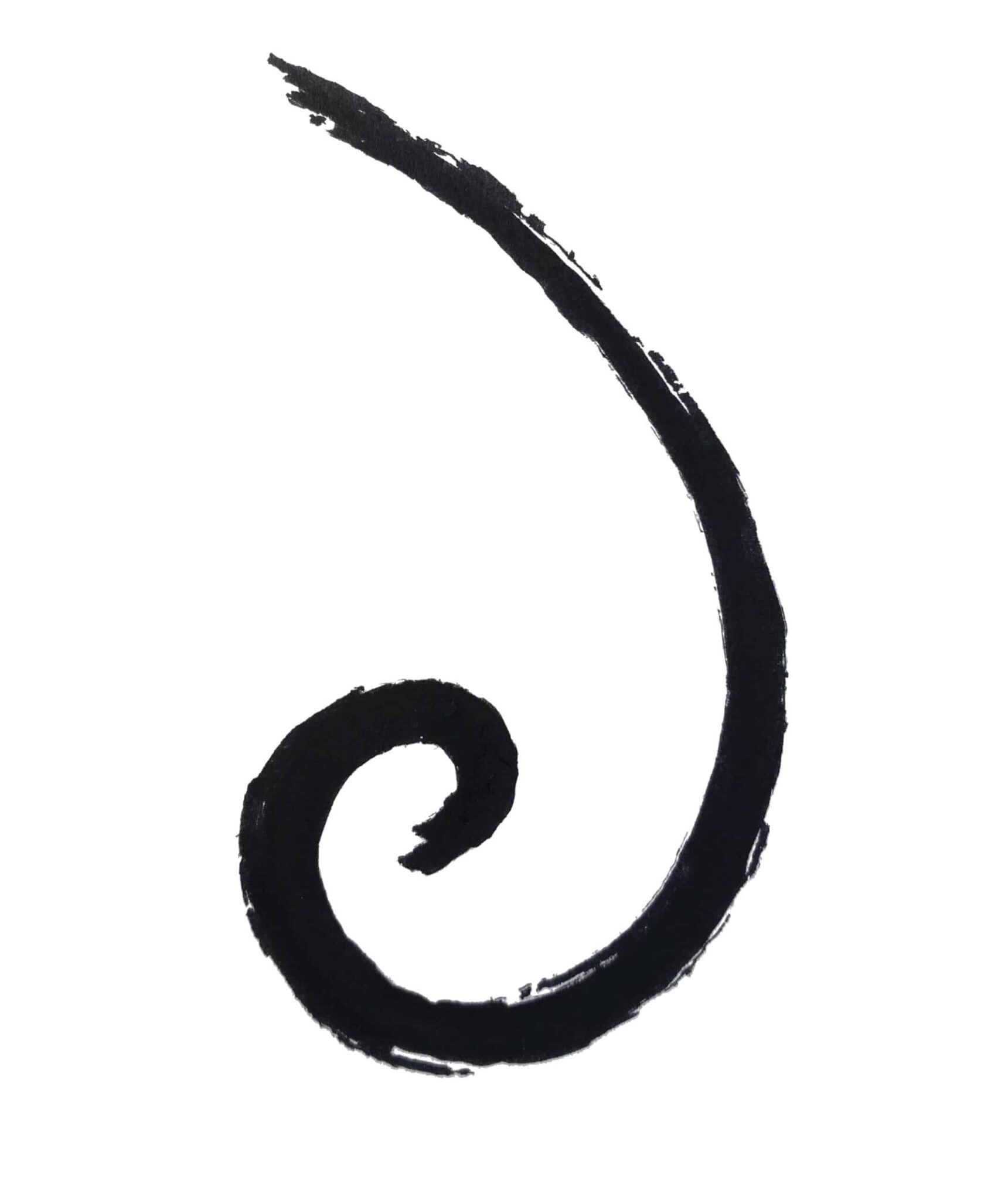
Rachel Carson (1907-1964) was an American marine biologist and nature writer whose 1962 book “Silent Spring” launched the modern environmental movement by revealing the devastating environmental and health impacts of pesticides. Her courage in challenging the chemical industry transformed how society understands the relationship between human actions and ecological health.
Carson first gained recognition through her lyrical trilogy on the ocean: “The Sea Around Us,” “The Edge of the Sea,” and “Under the Sea-Wind.” These books introduced readers to marine ecosystems’ wonder and complexity, demonstrating interconnections within natural systems.
“Silent Spring” changed the world by meticulously documenting how synthetic pesticides, particularly DDT, entered food chains, accumulated in tissues, and persisted in the environment. Her famous opening chapter depicted a silent spring where no birds sang - killed by the “elixirs of death” that humans had carelessly spread across landscapes.
Carson’s revolutionary insight was showing that human actions could alter and destroy nature on a massive scale. She introduced ideas new to public consciousness: chemicals travel through food chains, substances accumulate causing delayed harm, and life is far more interconnected than people understood.
The chemical industry attacked Carson viciously, dismissing her as “hysterical” and questioning her credentials. Yet Carson persevered, writing much of “Silent Spring” while battling breast cancer. She testified before Congress, and her work led to DDT’s ban and creation of the Environmental Protection Agency.
Carson called not for complete pesticide bans but for caution, further study, and recognition that humans have obligations to protect natural systems’ integrity. Her legacy established that environmental and public health are inseparably linked, that industry power must be regulated to protect nature, and that citizens have rights to know about toxic exposures.
Key Concepts
- Interconnection: Life systems are far more interconnected and interdependent than people understood
- Bioaccumulation: Chemicals accumulate in fatty tissues and travel through food chains with devastating effects
- Ecological Stewardship: Humans must act responsibly as stewards of the living Earth
- Environmental Rights: People have rights to know about toxic exposures and be protected from harm
- War Against Nature: Human attempts to dominate nature inevitably become war against ourselves
Essential Works
- “Silent Spring” (Houghton Mifflin, 1962) - ISBN 978-0-618-24906-0
- “The Sea Around Us” (Oxford University Press, 1951) - ISBN 978-0-19-506997-7
- “The Edge of the Sea” (Houghton Mifflin, 1955) - ISBN 978-0-395-28519-6
- “Under the Sea-Wind” (Oxford University Press, 1941) - ISBN 978-0-19-506996-0
- “The Sense of Wonder” (Harper & Row, 1965) - ISBN 978-0-06-757520-3
Selected Quotes
Man’s attitude toward nature is today critically important simply because we have now acquired a fateful power to alter and destroy nature. But man is a part of nature, and his war against nature is inevitably a war against himself. — “Silent Spring” (1962)
We are challenged as mankind has never been challenged before to prove our maturity and our mastery, not of nature, but of ourselves. — CBS interview (1963)
If we are living so intimately with chemicals—eating and drinking them, taking them into the very marrow of our bones—we had better know something about their power. — “Silent Spring” (1962)
Future generations are unlikely to condone our lack of prudent concern for the integrity of the natural world that supports all life. — “Silent Spring” (1962)
In every outthrust headland, in every curving beach, in every grain of sand there is the story of the earth. — “The Sea Around Us” (1951)
The earth’s vegetation is part of a web of life in which there are intimate and essential relations between plants and the earth, between plants and other plants, between plants and animals. — “Silent Spring” (1962)
One way to open your eyes is to ask yourself, ‘What if I had never seen this before? What if I knew I would never see it again?’ — Various writings
The more clearly we can focus our attention on the wonders and realities of the universe about us, the less taste we shall have for destruction. — Letter to Dorothy Freeman
Those who contemplate the beauty of the earth find reserves of strength that will endure as long as life lasts. — “The Sense of Wonder” (1965)
Further Reading
Biographical Sources
- Wikipedia: Rachel Carson - Comprehensive biography
- Lear, Linda. Rachel Carson: Witness for Nature (Henry Holt, 1997) - ISBN 978-0-8050-3427-6
- Souder, William. On a Farther Shore (Crown, 2012) - ISBN 978-0-307-46226-8
Key Books
- Silent Spring (Houghton Mifflin, 1962) - ISBN 978-0-618-24906-0
- The Sea Around Us (Oxford University Press, 1951) - ISBN 978-0-19-506997-7
- The Edge of the Sea (Houghton Mifflin, 1955) - ISBN 978-0-395-28519-6
- Lost Woods: The Discovered Writing of Rachel Carson edited by Linda Lear (Beacon Press, 1998) - ISBN 978-0-8070-8547-1
Related Resources
- Rachel Carson Council - Continuing her legacy
- Congressional testimony on pesticides (1963)
